|
With the assortment of health labels on our foods today, it is a confusing time for consumers. A common question: does organic matter? Organic produce tests lower in pesticides, but research is mixed on whether it contains more nutrients. The Environmental Working Group (EWG) releases a list of foods each year with the least and most pesticide residues (called the Clean Fifteen and Dirty Dozen, respectively). If you’d like to make a change, choosing organic produce from the Dirty Dozen list is the best bang for your buck. The Dirty DozenThe Clean FifteenRegardless, research shows eating enough fruits and vegetables may help lower risk of premature death from chronic illnesses, like heart disease. While it is recommended to eat 4 to 5 cups of fruits and vegetables each day, only about 10% of us get that much. So if organic isn’t in the budget, don’t fret. A non-organic apple is better than no apple at all. References: Brantsæter A et al. Organic food in the diet: exposure and health implications. Annual Review of Public Health. 2017; 38: 295-313. Lee-Kwan S, Moore L, Blanck H, Harris D, and D Galuska. Disparities in state-specific adult fruit and vegetable consumption — United States, 2015. MMWR Morb Mortal Wkly Rep (CDC). 2017; 66:1241–1247. Slavin J and B Lloyd. Health benefits of fruits and vegetables. Adv Nutr. 2012; 3(4): 506–516. * A small amount of sweet corn and papaya in the United States is produced from genetically modified seeds. Organic versions cannot be genetically modified. Incorporating vegetables into breakfast is not always easy, but smoothies can help kick start your day with powerhouse nutrients in a travel-friendly format.
Blended food can feel less filling, but incorporating protein, fat, and fiber into your smoothies increases fullness by slowing down digestion and adding volume. Other strategies for promoting satiety include sipping slowly and chewing a handful of nuts (instead of adding protein and fat to your smoothie). MAKE A BALANCED BREAKFAST BY USING THIS CHART Here are two smoothie ideas to get you started: 1 cup frozen mixed berries + 1 cup cauliflower + ½ cup unsweetened almond milk + ½ cup plain Greek yogurt + 1 tablespoon peanut butter + 1 teaspoon cinnamon OR ½ cup blueberries + ½ banana + 1 cup spinach + ½ cup milk + 1 teaspoon grated ginger with small handful of almonds on the side (about ¼ cup) References: Dhillon, J et al. The effects of increased protein intake on fullness: a meta-analysis and its limitations. J Acad Nutr Diet; 2016. 116(6): 968-983 Rogers, PJ and R Shahrokni. A comparison of the satiety effects of a fruit smoothie, its fresh fruit equivalent and other drinks. Nutrients; 2018. 10(4):431. Slavin, JL. Position of the American Dietetic Association: health implications of dietary fiber. J Am Diet Assoc; 2008. 108(10): 1716-3. |
TOPICS
All
Archives
December 2023
|
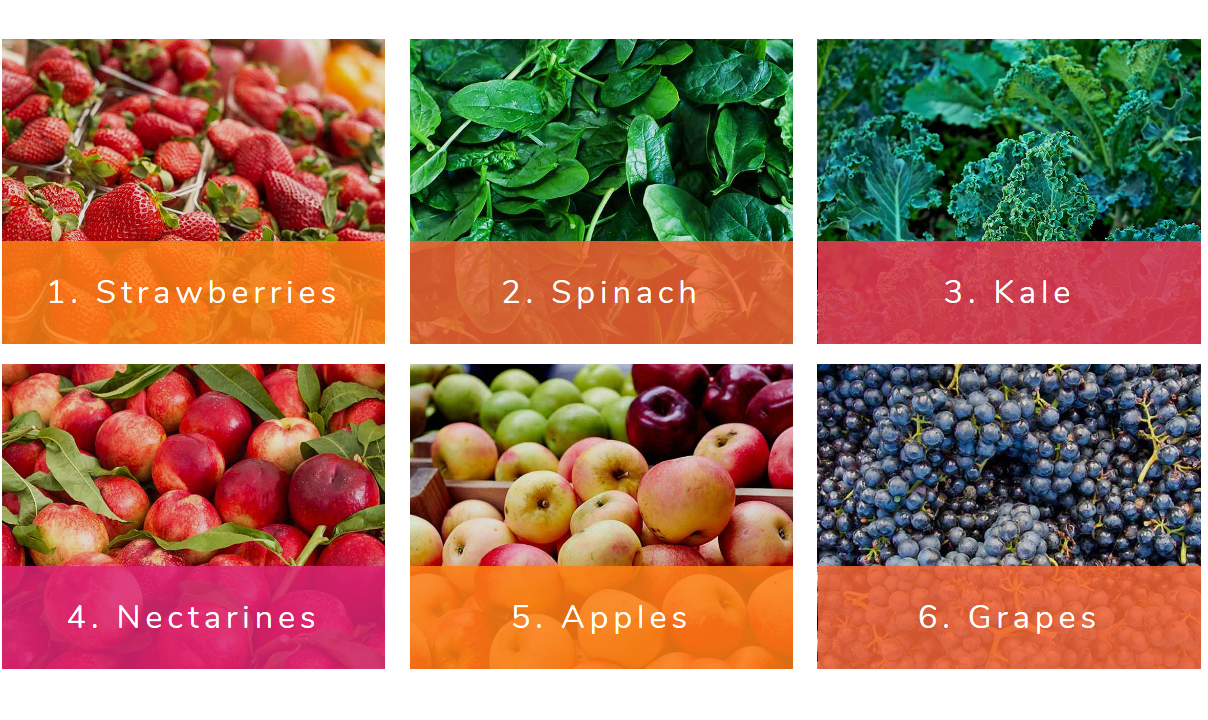
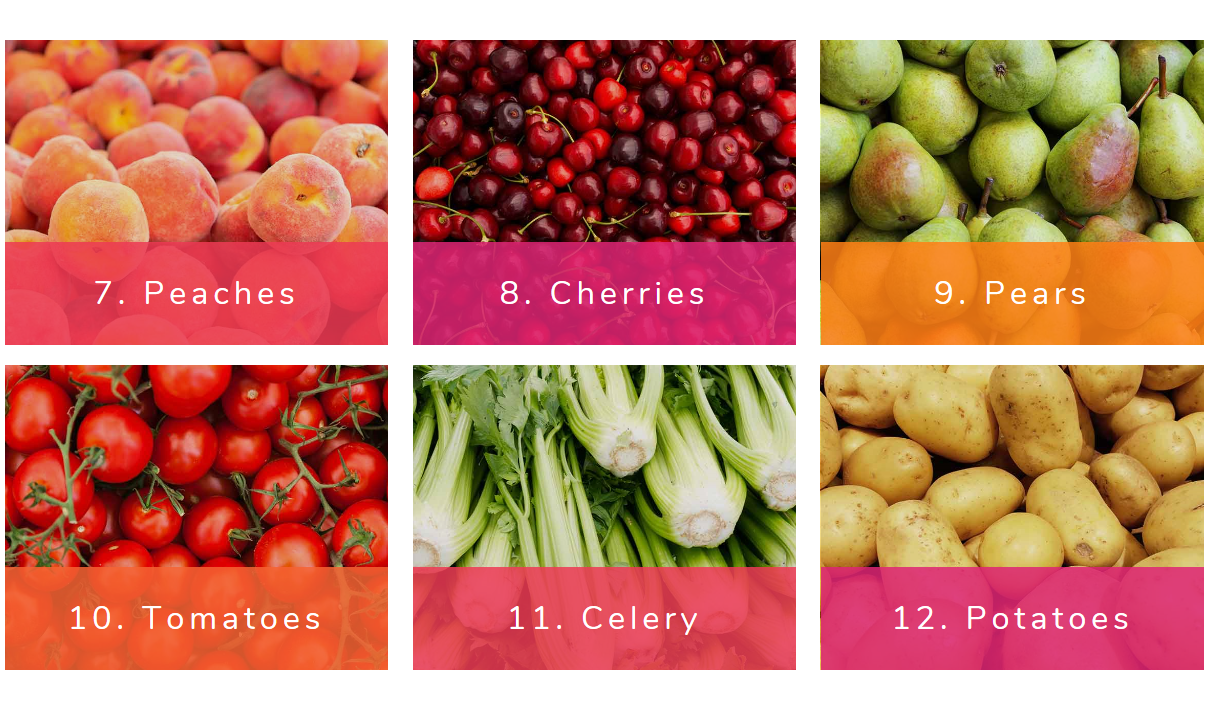
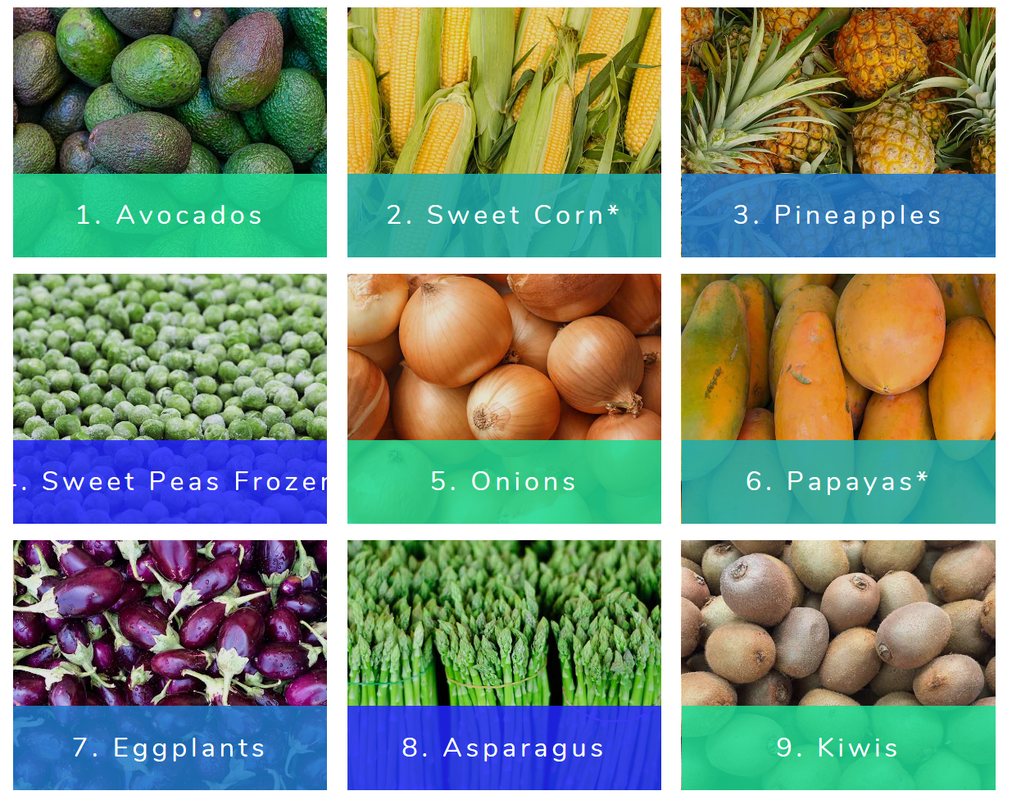

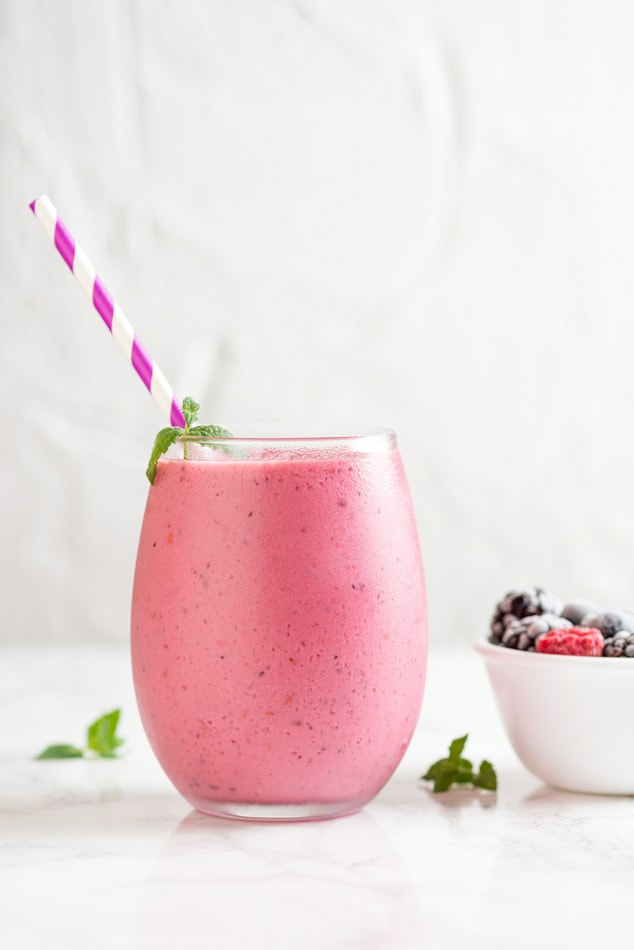
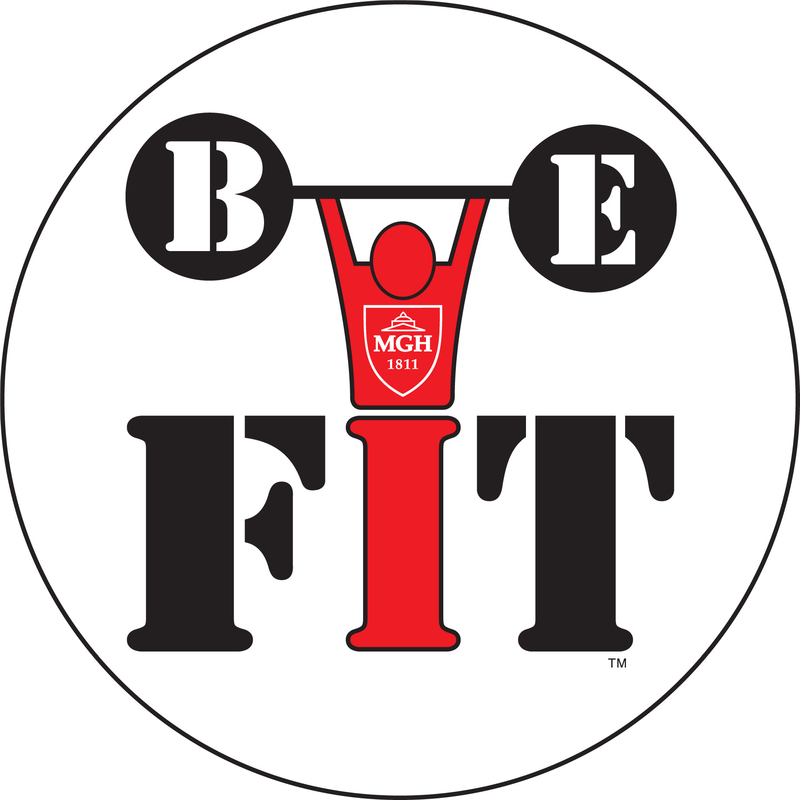
 RSS Feed
RSS Feed